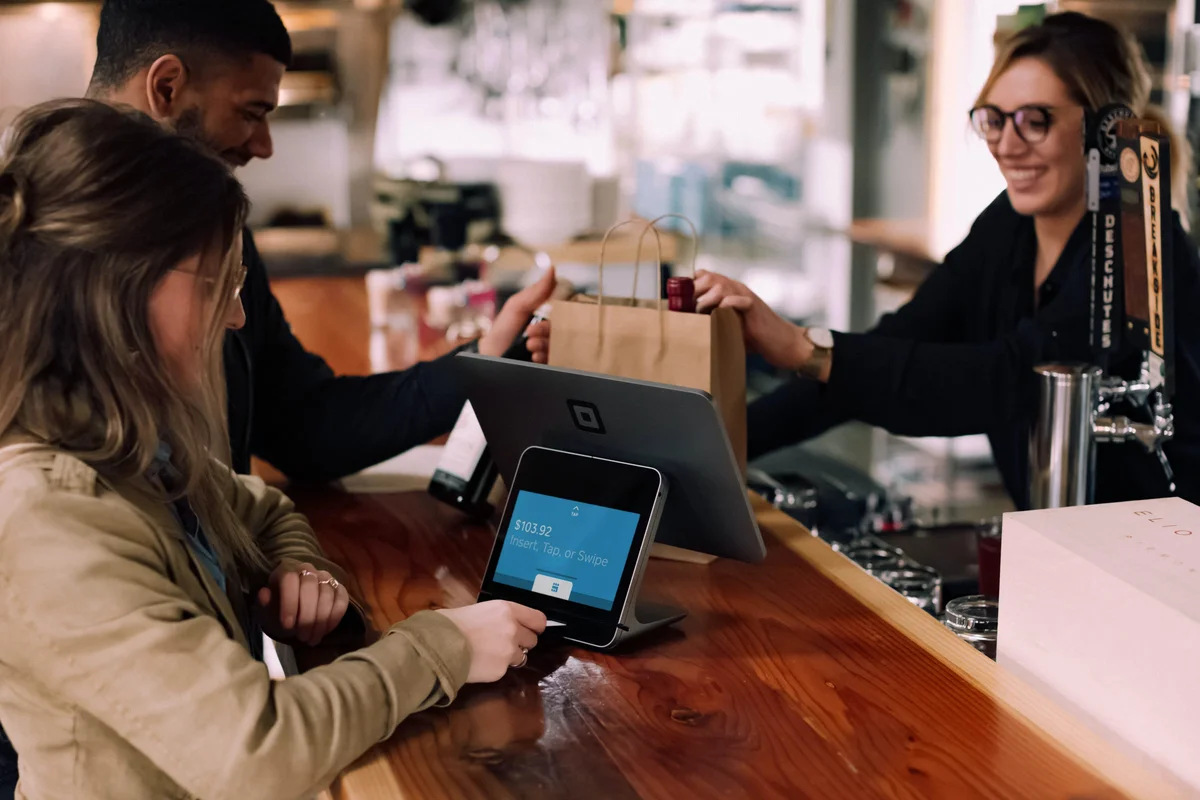The Impact of Big Data on Your Business Strategy
Despite the term being sometimes misunderstood and overused, big data is still a very important issue. According to Google Trends statistics, interest in this subject has waned during the previous five years. However, genuine corporate use of the technology is accelerating.
Large-scale data analysis can change established organizational norms and strategic business strategies. Organizations should improve their data culture since a big data service provider can develop increasingly innovative and successful methods that are necessary to succeed in the modern business environment.
In this essay, we will examine two businesses that successfully use big data to develop their corporate strategy. These are Coca-Cola and Spotify.
Spotify
In the form of worldwide, monthly active subscribers, the well-known music streaming service has access to over 406 million distinct sources of data. Terabytes of data are generated daily by Spotify’s users, musicians, producers, and managers, enabling the company’s executives to create brilliant big data business plans. Spotify’s data analytics can utilize big data-driven techniques to offer its users more and more songs, that they didn’t even know they wanted to hear.
How is Spotify utilizing big data to improve its economic planning? In this business strategy, Spotify is leveraging big data to offer solutions to its users.
Spotify gathers a ton of information, from song preferences and favorite genres to less noticeable elements like headphone selection, song volume reduction, and browser window resizing. In addition to helping consumers locate the material that suits their preferences, Spotify collects huge amounts of data to optimize its marketing initiatives.
However, Spotify’s usage of and approach to big data has gotten them in trouble. Due to considerable unhappiness with significant changes made to the service’s privacy policy, around 75 million active users of the service left in protest at the apparent disregard for their privacy.
Spotify’s technology to track user speech and ambient noise and construct music suggestions was granted a patent in 2021. More than 180 musicians responded by signing an open letter in which they criticized the business and demanded a promise to never employ the technology. In response, Spotify stated they had no plans to do so and that they had not put it into practice.
Coca-Cola
One of the earliest well-known non-IT corporations to use big data technologies to develop business strategy was The Coca-Cola Company. It is the biggest manufacturer of non-alcoholic beverages in the world, providing customers in more than 200 nations with more than 3,500 items under more than 500 brands. With these types of manufacturing, distribution, sales, and consumption metrics, absurd quantities of data are being created every second by Coke customers all over the globe.
Coca-Cola introduced the Freestyle vending machine in 2009, allowing customers to combine more than 100 tastes right away using a touchscreen and technology that was once used to quantify chemotherapy and dialysis medications for patients. These devices, which collected data on customer flavor preferences, were placed in movie theaters, shopping centers, and fast food restaurants across the US. In response to worries about the COVID-19 virus spreading in 2020, the firm gave consumers the option to select their beverages using their phones and to access the interface by scanning a QR code.
Another big data use by Coca-Cola was coming up with an unusual strategy to locate prospective new Gold Peak iced tea customers. The business combed through and found social media postings on which customers were seen consuming iced tea or products from rival businesses using picture recognition software. They were able to target potential customers with Gold Peak marketing as a consequence.
Coca-Cola also uses AI to examine countless numbers of pieces of social media information to comprehend demographics in various areas. This helps the business understand how, when, and where individuals use its various offerings.
Big data trends in 2022
Due to the size of their respective customer bases, The Coca-Cola Company and Spotify have access to more data than most other companies. Although your company may not collect as much user data as these two behemoths, big data apps can improve your planning and inform your business objectives. These are a few of the major themes that will affect how businesses use data.
The right data analytics
Modern organizations need to figure out how to pinpoint precisely which data needs to be studied because it is being produced and gathered at an exponential rate. These abilities will enable data analysts to provide more pertinent insights while also saving businesses a great deal of time and effort.
Predictive analytics
For predictive analytics to be effective, the appropriate data must be available. Companies may foresee possible opportunities, trends, failures, and bottlenecks using statistics and modeling tools. Retail, real estate, manufacturing, finance, and healthcare are just a few of the industries where predictive analytics is used.
Data Sharing
It is now feasible to purchase and sell information safely in cloud-based markets thanks to new data-sharing technologies. This has given enterprises the chance to monetize potentially valuable data that they would not have otherwise shared due to security or regulatory concerns when combined with advances that protect privacy. 70 percent of data analytics decision makers are expanding the quantity of external data they utilize, and 17 percent aim to do so in 2022, according to Forrester Research.
Low- and no-code tools
While technical expertise is still crucial for handling data, cloud service providers are creating machine-learning procedures and applications that are democratizing data science. One example of a low-/no-code tool that enables workers from a wider variety of business tasks and skill levels to search for, retrieve, and use data is Amazon Sagemaker Canvas. These technologies also allow subject-matter experts to create machine-learning solutions without having any programming experience. However, IT personnel should receive training in describing and implementing such technologies so that the rest of the workforce may benefit from them.
Vertical cloud computing
Vertical cloud computing refers to cloud-based tools, accelerators, and APIs created expressly for a given business model, process, or industry. They are designed to be quickly adopted and have the flexibility to be differentiated by utilizing bespoke or legacy solutions. Businesses may benefit from increased agility, productivity, and cost savings by shifting business functions to the cloud. Business and IT leaders must work together to capitalize on this trend. Each must have a better grasp of the other’s responsibilities to pinpoint the technologies that are distinctive and fiercely competitive for the company. Anything else may be ordered from software or cloud service providers.
Conclusion
If these trends overwhelm you, the first step in embracing this revolution is to prepare yourself with the knowledge necessary to use big data in your organization. You can help your business market more successfully, explore new revenue opportunities, deliver better customer service, increase operational efficiency, or take advantage of new competitive advantages by learning how to gather and analyze big data and figuring out how to include it in your strategic business plan.




